After an inspiring day one that featured highlights like Carl Cox’s passionate – and often hilarious – keynote talk and a vibrant panel about the next generation of Australian festivals, the second day of EMC took over Sydney’s ivy complex today.
Gilles Peterson and Ta-ku started the day with an intimate, enlightening conversation, while elsewhere the Artist Panel saw four top Aussie acts spilling the beans on their worst fears and nightmare gigs. Here are eight things we learnt from the second day of EMC 2015, before this year’s conference is capped off tonight with the biggest party of the year at EMCPlay (you can still grab a cheap ticket to that here). [Article images by Pat Stevenson – Hobogestapo, and Veronica Wood]

#1 EVEN GREAT DJS FAKE IT SOMETIMES
Legendary UK DJ, label head and tastemaker Gilles Peterson and much-loved local star Ta-ku are no strangers to each other – Peterson has released work by Ta-ku on his Brownswood Recordings label; that might explain why their keynote talk felt like sitting in on a conversation in someone’s living room.
Amongst the many fascinating and hilarious tidbits from the convo, it turned out that both the veteran and the up-and-comer have faked DJing under high-pressure circumstances – Peterson on live French TV, and Ta-ku at a club gig in Perth soon after he had his first hit. “Everyone fake-DJs sometimes,” Peterson cracked. “DJing is nerve-wracking. It’s harder than people perceive it to be,” Ta-ku added.
Peterson went on to wax eloquent on the craft of selecting, saying, “There’s been a return to the art of DJing with people like Floating Points, Four Tet, Daphni, Jamie xx.” Ta-ku was visibly amazed at the length of some of Peterson’s famed marathon sets. “14-hour DJ sets are a great way of losing weight,” Peterson quipped. “You don’t really eat.” Words – Jim Poe

#2 A WHITE BOARD IS A BLOODY GOOD INVESTMENT
A quartet of ace Australian artists – Tkay Maidza, Mashd N Kutcher, Tom Loud and Slumberjack – closed out the EMC Keynote Theatre with tales of stage invaders, internet trolls and (possibly) bloodstained rural motel rooms.
Some of the most memorable advice on the Artist Panel came from Mash’d N Kutcher’s Matt: if you’re making music, a white board is “a bloody good investment” for keeping track of ideas and feedback. Slumberjack also stressed that artists should accept that their early work will probably become unpalatable: “I was going to be the next Hardwell,” Morgan said, “but I realised I couldn’t make [big room].”
“It’s not about finding your own genre, it’s about finding your own sound,” Adam from Mashd N Kutcher said. “Like with Flume, he stuck with his sound and it became its own genre.” Tkay Maidza agreed; “I don’t have a genre,” she said. “My voice makes it sound like ‘Tkay’.” Words – Nick Jarvis

#3 YOU CAN’T REPLICATE A HIT
People often talk about the “formula” for making a hit, but the “DNA Of A Hit” panel made clear that although great music is timeless, it’s also distinctly a product of its time. There’s no real way to make another My People, Hyperparadise, Phreakin’, or Sweetness & Light.
Speaking about their #1 on the list of Greatest Australian Dance Music Tracks Of All Time, Paul Mac and Andy Rantzen explained that “Sweetness & Light was such a unique amalgam of influences, styles and even contributors that it’d simply be impossible to make it again now. And that’s what’s beautiful about it.” Words – Andrew Wowk

#4 IT PAYS TO BE NICE
What So Not and US power players Denise Melanson, Rob Woo and Paddy Scace came together to talk about how to crack the North American market, but they had some valuable advice to dish out on the side: don’t be a dick.
“Someone who is the intern or the assistant very quickly rises ranks,” Spin Artist Agency’s Rob Woo cautioned. “There’s no sense in burning bridges on the way up. I’m nice to all my interns, mainly because I might end up working for them one day.”
“The really cool thing about the music industry right now is you can work with whoever you want,” TMWRK’s Scace added. “You can work with only nice people.” WSN’s Chris Emerson agreed, and pointed out that the newest faces in the industry often have the most to add: “It’s the younger crowd coming through who know the most about technology.” The moral of the story? Play nice. Words – Katie Cunningham


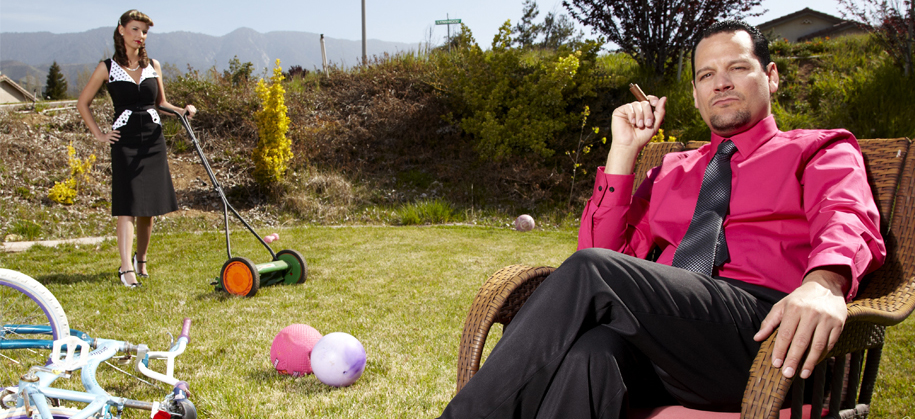

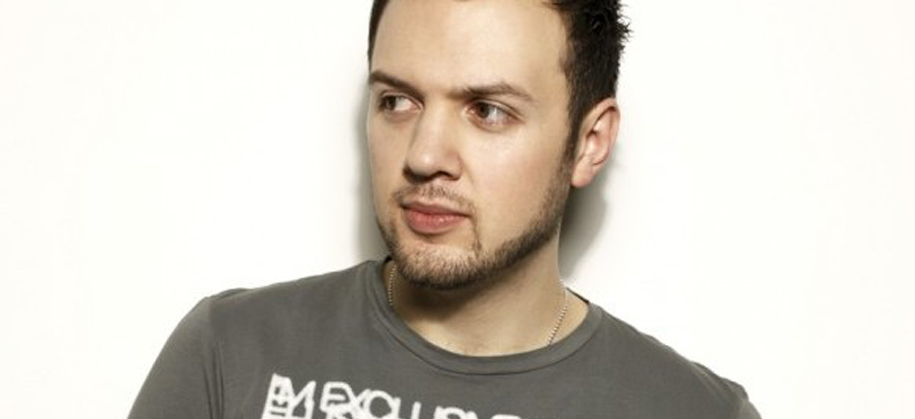
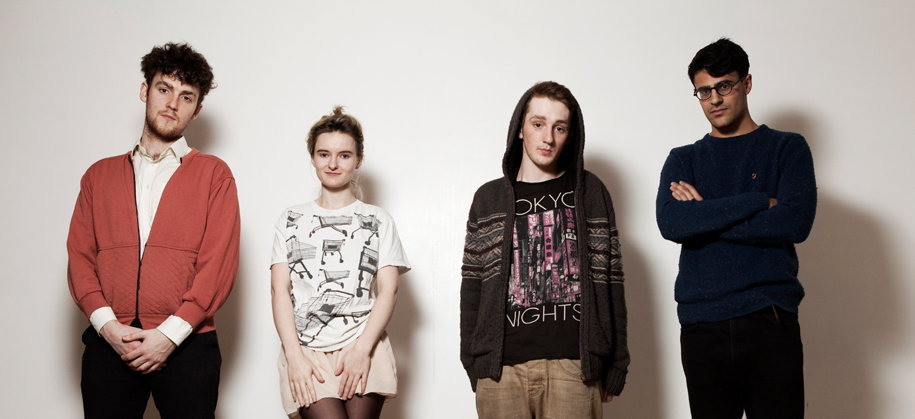

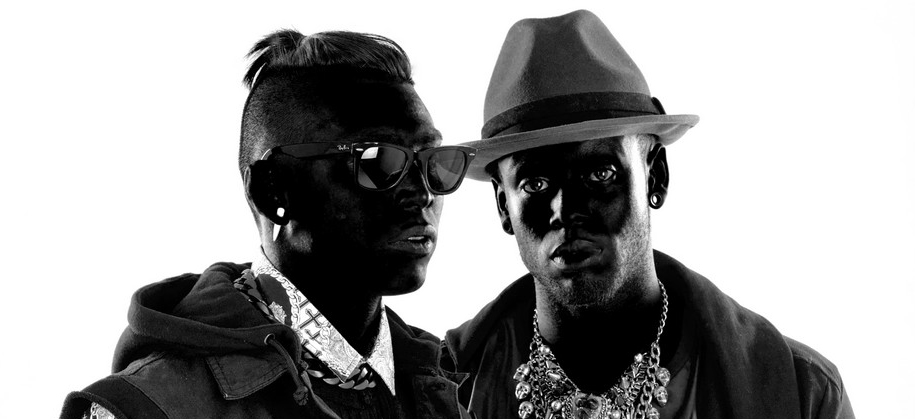

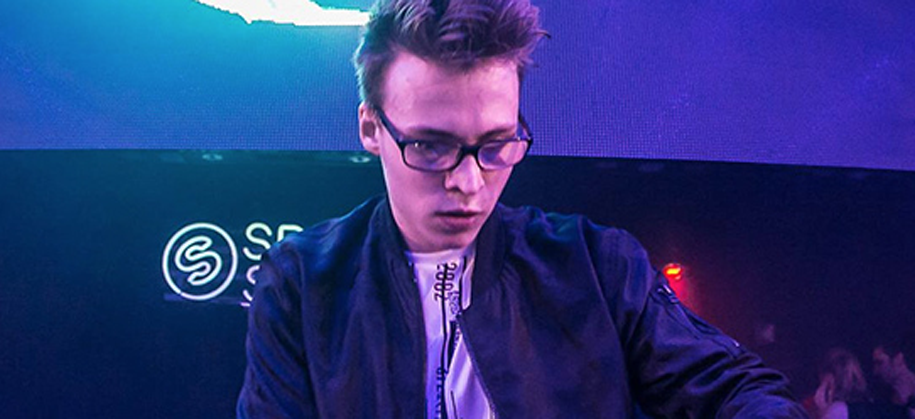

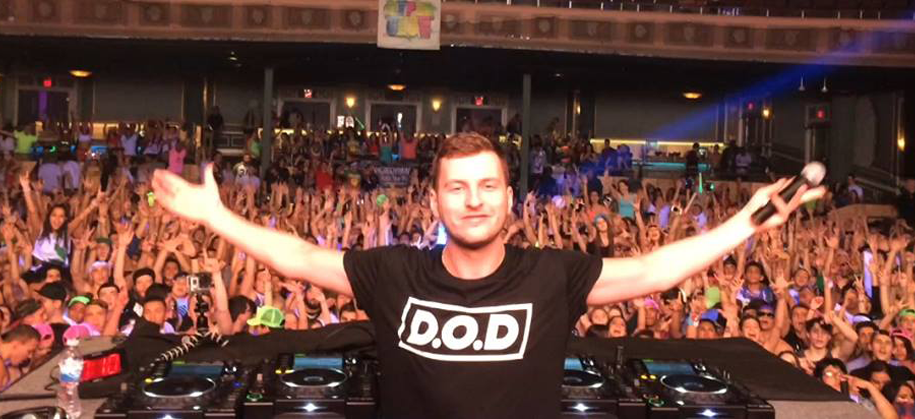

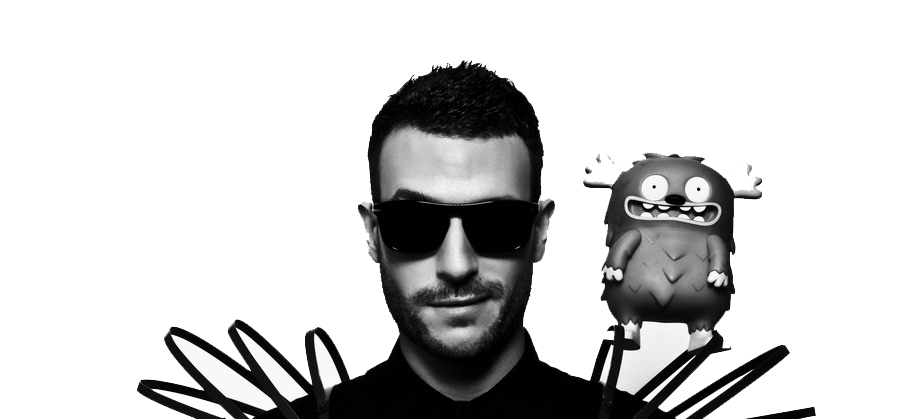
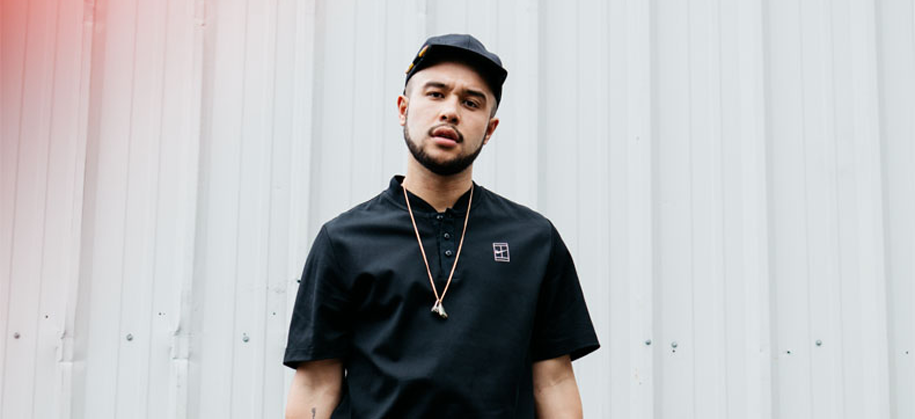
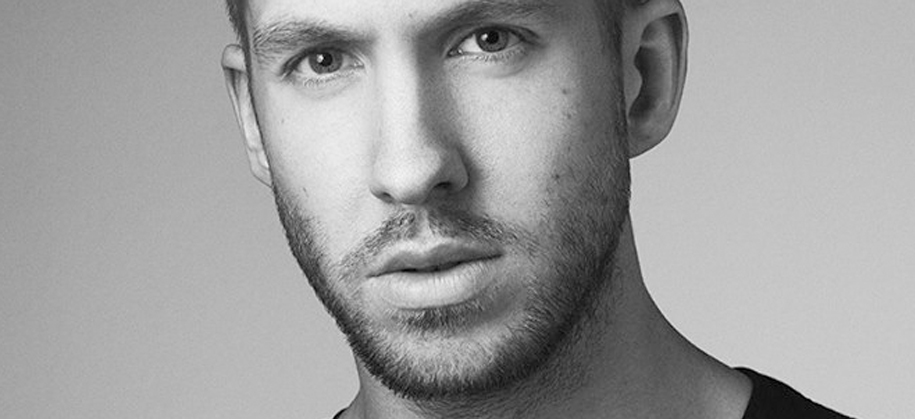
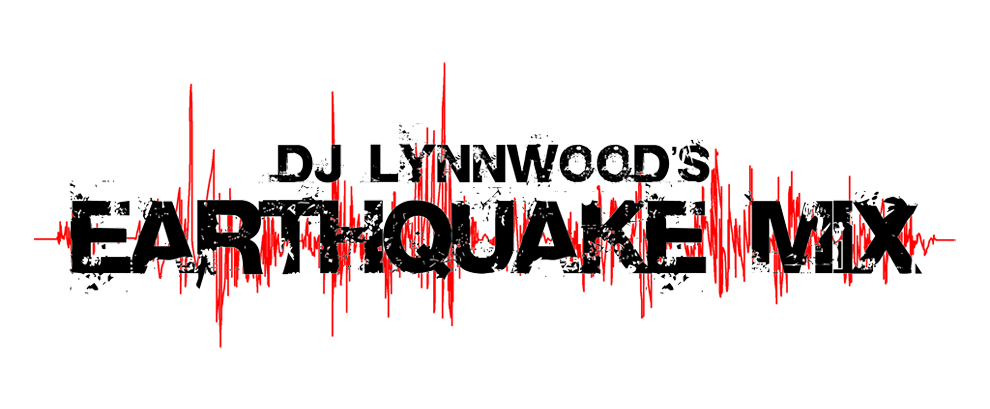
 Category:
Category: 
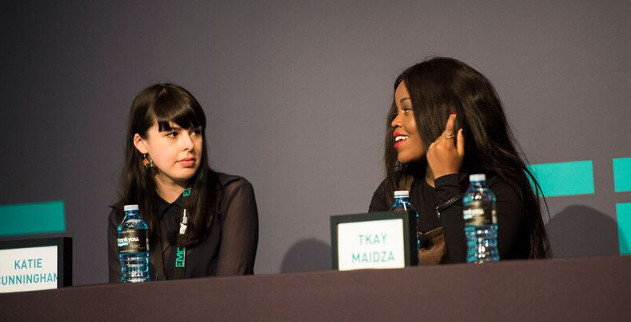

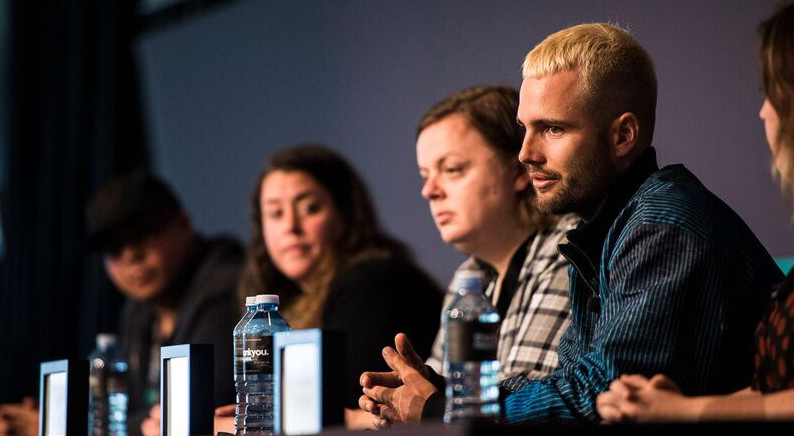

Earthquake Mix: